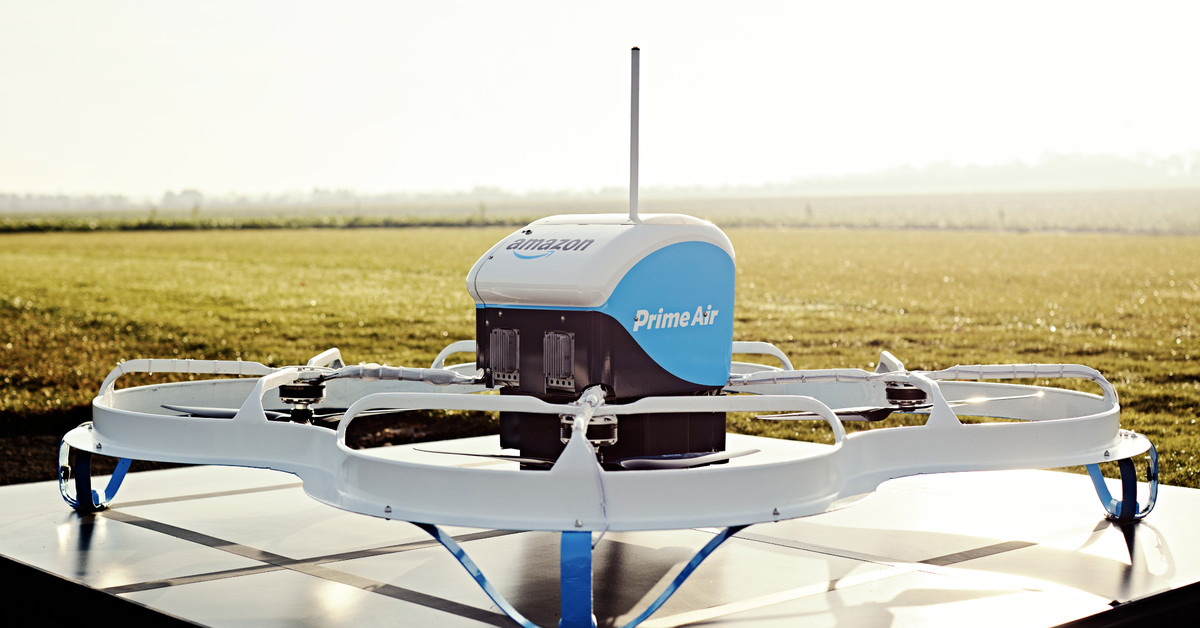The following month, a drone’s motor shut off as it switched from an upward flight path to flying straight ahead. Two safety features — one that’s supposed to land the drone in this type of situation and another that stabilizes the drone — both failed. As a result, the drone flipped upside down and dropped from 160 feet in the air, leading to a brush fire that stretched across 25 acres. It was later put out by the local fire department.


My theory is that the drone delivery is part of a strategy of getting in talented engineers to work on projects they would otherwise not be interested in. You're right, that's a hard engineering problem. It's such a hard problem that engineers are interested in it, but corporations would prefer to avoid ever having to tackle it. The engineers who work on it however have transferable skills that apply to military contracts amazon has. I think shit like this is meant to attract control theory phds who don't want to work for the MIC by selling them a cool control theory problem, then assigning them to a military project when they have a mortgage to pay off. My borderline conspiratorial take.
Or it's just to avoid them working for a competitor or potential Amazon supplier. They'd rather keep engineers in house than risk them working at a startup that makes drones which Amazon would end up buying. Like you said, it's a problem engineers want to work on, so might as well throw them some bones so one of those egg-heads doesn't become the "drone king" and have us by the throat with the tech.
Lots of tech companies do this. The main reason tech salaries are high is because of this practice - nothing to do with "rockstar coders", just the simple fact that it's easier for someone with this "disruptive" kind of skill to start their own business than say a nuclear engineer or an someone who designs jet engines.
deleted by creator